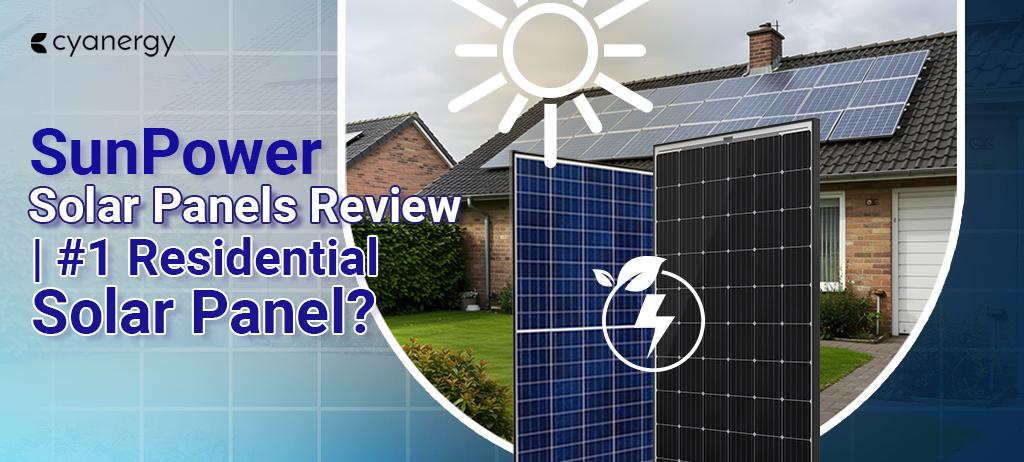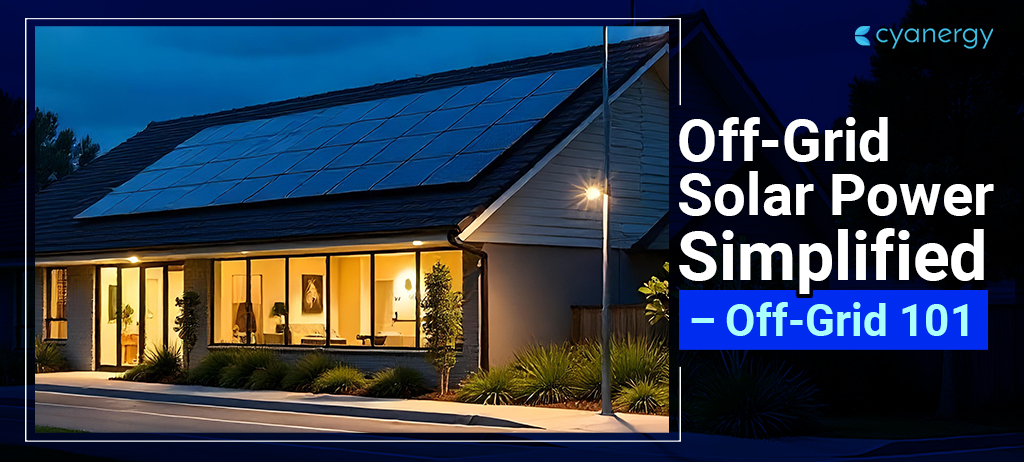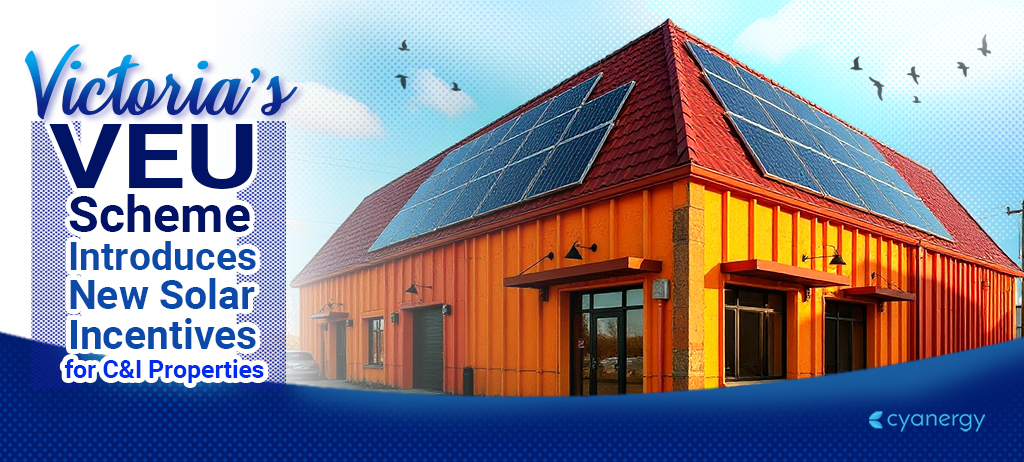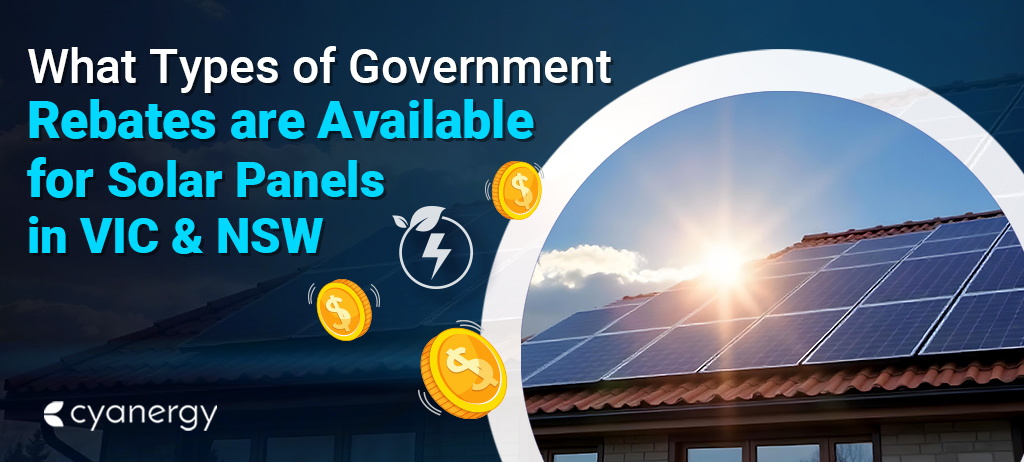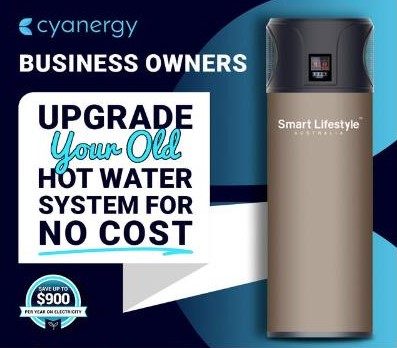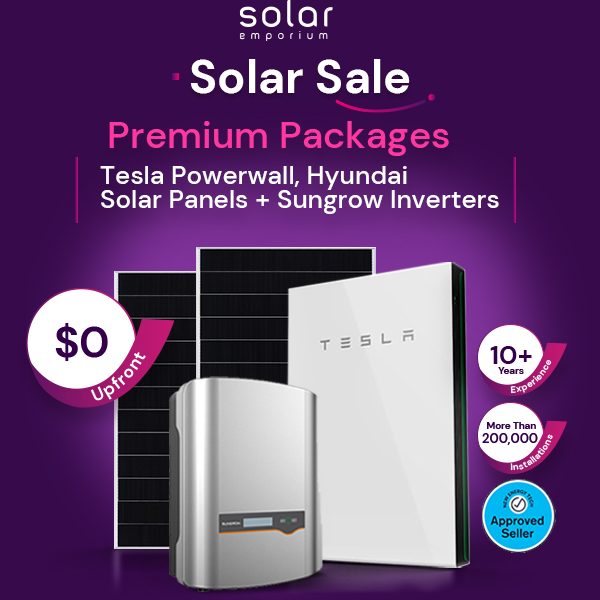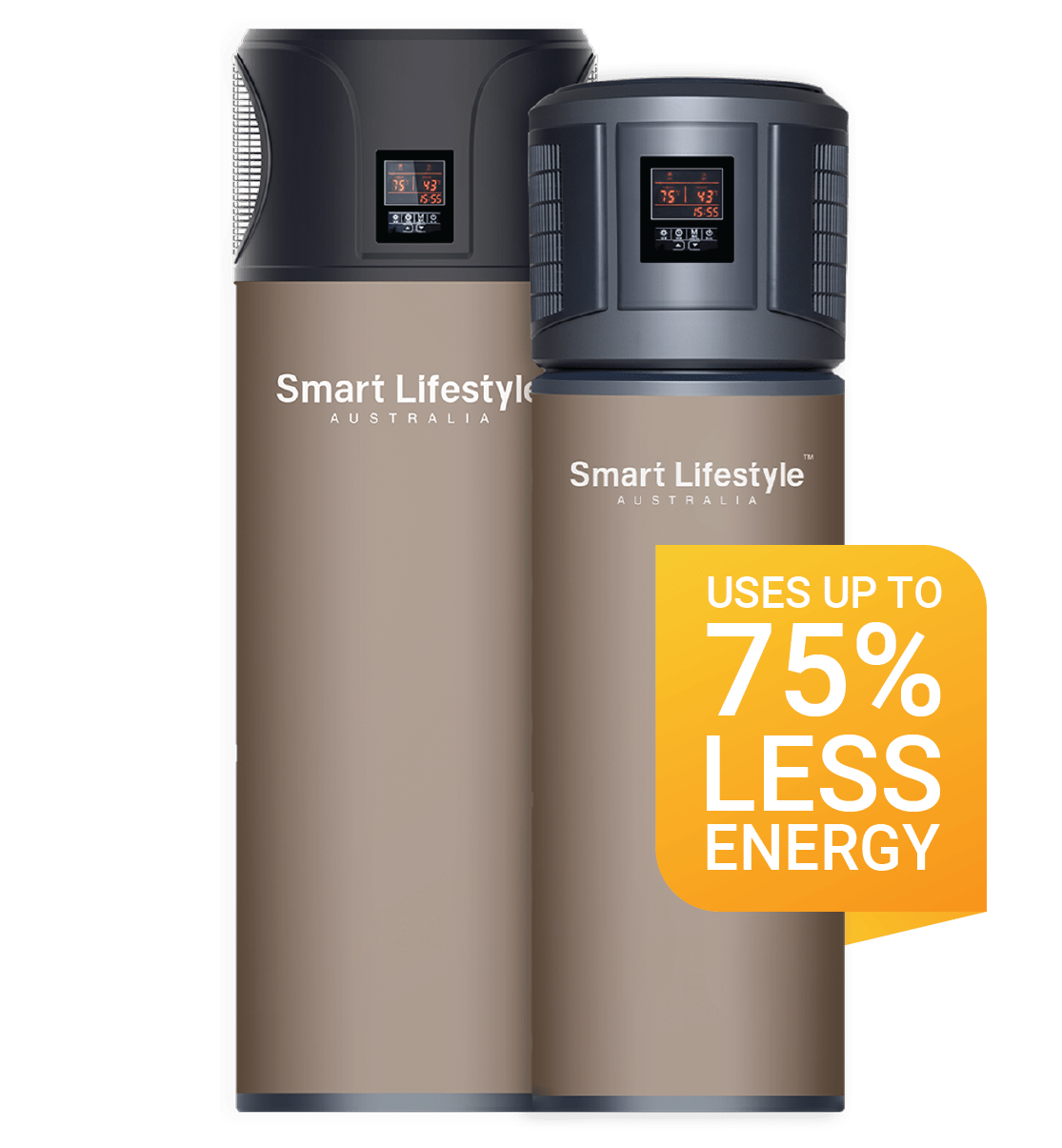For many businesses, using solar energy is becoming a more appealing way to reduce energy costs. Commercial solar power systems let companies produce their electricity from the sun, saving money on electricity bills.
As companies aim to lower their carbon footprint and be more eco-friendly, commercial solar energy is a great solution. Here’s everything you need to know about commercial solar in Australia and how it boosts your business growth.
If your business can pay its electricity bills, it can afford the cost of commercial solar power.
Unlike homes, which use more energy early in the morning and the evening, most businesses use most of their electricity during working hours, from 9 am to 5 pm.
Solar power for homes is well-known, but what about making your commercial property more eco-friendly and cost-effective?
What is a Commercial Solar System and How Does it Work?
Commercial solar systems work just like residential solar systems. Sunlight hits the solar panels, which excites the cells inside and generates DC power. This power is then sent to an inverter (or inverters) and changed into AC power for your business to use.
Commercial solar systems are usually bigger than home systems because businesses often have more space. This means they can have more solar panels and produce more electricity.
Any electric device in your business can use the clean energy you generate, saving you money. It’s that simple.
Why the Power of Solar Panel Matters
Monitoring and Maintenance
Solar power systems are easy to maintain and don’t need daily cleaning. Simple cleaning is recommended, but avoid using harsh chemicals as they can damage the panels.
Use non-abrasive materials to clean the panels to protect their surface. Keep the area around the panels clean to prevent dust buildup and have a regular cleaning routine.
The Power of the Grid
Solar Storage
The Solar Power Assembly
What Size is a Commercial Solar Panel System?

A commercial solar system is defined as one with a capacity of 10 kilowatts (kW) or more. For comparison, the average home solar system is usually between 5 and 6 kW
Choosing the right size solar panel system for your business depends on your energy usage and needs. Here are the categories for commercial solar systems
Less than 30kW
- These systems are similar to residential solar systems, easy to install, and follow the same rules for connecting to the grid
- Ideal for small businesses with high daytime energy usage
- Full access to the Small-scale Technology Certificates (STC) scheme makes them cost-effective
Less than 100kW
- Suitable for small retail businesses, local clubs, sports groups, and small-to-medium office buildings
- These systems generate significant energy and require approval from the local electricity provider (DNSP)
- Full access to the STC scheme. It’s important to work with an experienced commercial solar provider for a smooth installation process
More than 100kW
- Typically used by small to medium factories, hotels, and larger office spaces
- These large systems are for businesses with high energy consumption
- These systems are not eligible for the STC scheme but can access Large-scale Generation Certificates (LGCs)
More than 250kW
- Reserved for large locations like shopping centers
- May need specialized installers, additional grid protection, and permissions from electricity providers and local councils
- Any system above 30kW needs a commercial solar specialist to handle the necessary permissions and connections to the grid
Before choosing a system, consult with a licensed solar professional to discuss your business’s energy needs
What is the Difference Between Residential and Commercial Solar Panels?
Commercial Solar:
- Larger in size
- More cells (96 or 72-cell models)
- Require 120 to 400 panels
- Can be ground-mounted or rooftop-mounted
Residential Solar:
- Smaller in size
- Fewer cells (60-cell models)
- An average of 19 panels
- Typically rooftop-mounted
Commercial solar panels are physically larger than residential ones and have more cells, allowing for greater energy output. Most commercial panels come in 96 or 72-cell models, compared to the 60-cell panels used for homes.
For a commercial property, a 100kW system usually needs around 400 panels, while a 30kW system requires about 100 panels.
However, the actual number of panels needed can vary based on the specific products used, how the panels are placed, and the weather conditions at your location.
Additionally, you need to decide if rooftop solar panels are suitable for your property or if a ground-mounted system would be better due to your property’s design and shading.
What Rebates Are Available for a Commercial Solar System?

There are two types of rebates for commercial solar systems, depending on the system’s size: Small-Scale Technology Certificates (STCs) and Large-Scale Generation Certificates (LGCs).
Small-Scale Technology Certificates (STCs)
- Eligibility: Solar systems under 100kW.
- Benefit: Provide a discount on the initial purchase of the system.
- Calculation: Based on the expected energy output over a certain period.
- Process: The discount is typically included in the initial quote for the system.
Large-Scale Generation Certificates (LGCs)
- Eligibility: Solar systems over 100kW.
- Benefit: Provide rebates that need to be claimed annually.
- Process: Businesses must register with the Clean Energy Regulator and submit annual reports to the Renewable Energy Certificates (REC) Registry. This is similar to filing a tax claim.
- Assistance: A commercial solar installer can help with the registration and claiming process.
What Finance and Payment Options Are Available?
Cash
Loan
Lease
Power Purchase Agreement (PPA)
Green loans
A green loan could be another option for financing a commercial solar system. These are loans provided by financial institutions for ‘environmentally friendly’ purposes.
Lenders will likely quantify environmentally friendly causes differently, so it is critical to understand your options from the start.
Choosing the right option can be challenging. Cyanergy’s solar expert can help you understand your choices so you can discuss them with your accountant and make the best decision.
How does Commercial Solar Boost Business Growth in Australia?
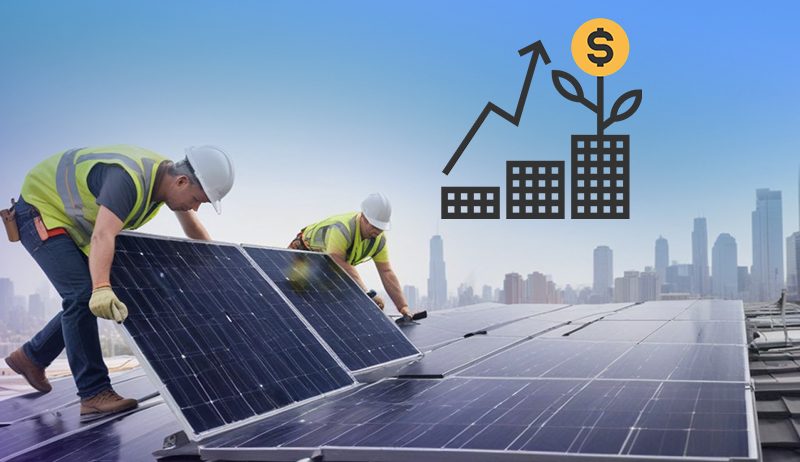
Commercial solar boosts business growth in Australia by helping companies save money on energy costs, which can be significant. Businesses reduce their dependence on the grid and lower their electricity bills. This means more money can be invested back into the business.
Using solar energy also enhances a company’s reputation as environmentally friendly. Customers and clients appreciate businesses that are committed to sustainability, which can attract more customers and improve sales.
Moreover, solar power can protect businesses from rising energy prices. Since solar energy is free once the system is installed, companies are less affected by increases in electricity rates.
Government incentives and rebates for installing solar systems can also reduce the initial investment cost, making it more affordable for businesses to switch to solar power.
Why Choose Cyanergy As Your Commercial Solar Partner
Every commercial solar solution we present to our partners is specifically tailored to their needs.
Our 10 years of tailored solutions have assisted our 467+ commercial partners in obtaining government funding to reduce energy costs, become self-sufficient, and lower their carbon footprint.
We provide real-world solutions to help you achieve your objectives through our financing options, government programs, and internal project management team.
Contact Cyanergy today! And don’t forget to get a free solar quote.
